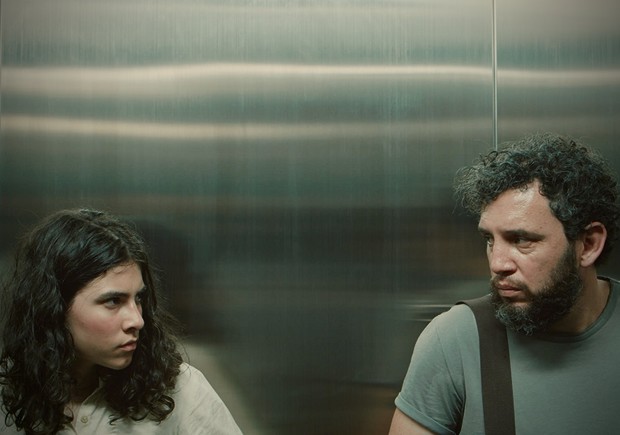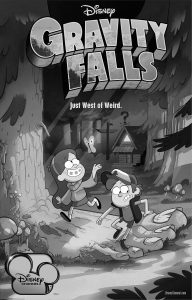“Tengo Sueños Electricos” review: The regressive metamorphosis of life
September 19, 2022
Over the summer, I had the opportunity to watch “Tengo Sueños Electricos” from the Locarno Film Festival selection. Easy to say, after watching this movie, not a day goes by that I haven’t thought about it. Sometimes, the movies we watch pierce our memory so viscerally that we can’t remember a time without seeing it – that, in essence, is Valentina Maurel’s film ‘Tengo Sueños Eléctricos’. My appraisal is not without merit. Having its original release this summer at Locarno, it managed to achieve an astounding trifecta of accolades. Being the winner of best director, best actress, and best actor, it goes without saying that this is one of, if not the best movie to come from Central America in recent history.
Set in Costa Rica, the movie presents itself as a coming-of-age story following 16-year-old Eva (Daniela Marin Navarro), who deals with a tumultuous family dynamic that she is trying to navigate. Living with her mother, her sister, and their cat, Eva desperately wishes to move in with her estranged father (Reinaldo Amien Guttierez). Having to deal with her father’s mid-life crisis and instability, she is forced to endure the cruelty of the real world with the sensitive lens of a teenager.
Family and Pain – the constant themes throughout the project presets the most heartbreaking reality which our protagonists are set in, and subsequently, set each other in. The destructive nature of the estranged father character poses the question – “are you feeling pain?” The question ties back to the relationship between Eva and her father and points to her similarly violent tendencies.
Throughout the film, Eva tries to piece together a life for her father as she helps him get his bearings after his divorce. Helping him find an apartment, she aims to move in with him. The film presents both characters in this regressive-metamorphosis where they each take a step forward in understanding their actions and the consequences that come with them, while proceeding to lose control and lash out violently pushes them two steps back.
One of the things I loved the most about the movie was its intuitive editing that would let moments breath – letting scenes get quiet and still, letting the moments tense up and decompress – all the like building the world around these characters trying to escape their own natures and figure out something outside of themselves. A lot of the most beautiful scenes in this movie are its raw forms of seeing someone through the cracks of a semi-closed door – just enough for someone to think they are alone, but while still able to see the vulnerability up close.
“Tengo Sueños Eléctricos” is a difficult watch. Its intensity is all captivating, but the insecurity of each of the characters oozes through the screen placing you right next to them in horrific domestic situations. At the same time, it’s an incredibly vulnerable film. It’s about how we interact with each other and what those interactions are supposed to mean, and whether or not love can be manifested in more than one way. Anyone who is an avid fan of family dramas I would highly encourage to keep an eye out for when this project comes out on streaming platforms.
“Tengo Sueños Electricos” is currently unavailable for streaming in the US.








